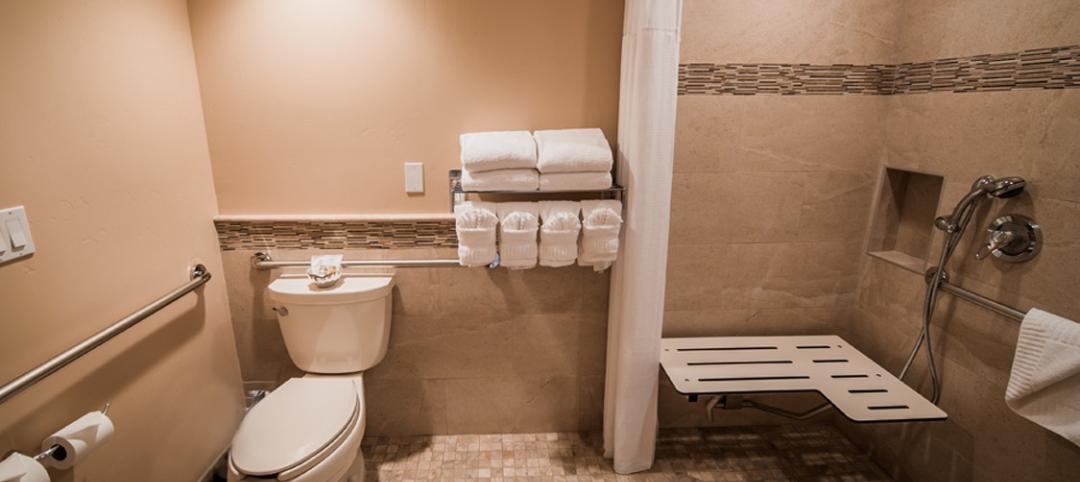The American Institute of Architects (AIA) recently published a new supplementary edition of the Guides for Equitable Practice, titled “Justice in the Built Environment.”
Created in partnership with the University of Washington and the University of Minnesota, the guide is an educational resource meant for architects and firms to address inequity in the built environment and in society. It is intended for architects and design professionals interested in doing more to advance justice in the context of their design work. It also provides perspective about whether there is anything an individual practitioner or firm can do to help advance equity in the built environment and in society.
“This new resource is designed to empower architects to use their problem-solving skills to create welcoming spaces for all,” said AIA EVP and CEO Lakisha Ann Woods. “It also provides perspectives and insights on how architects, in all types of workplaces, can help advance equity in their place of employment, projects, and in society.”
There are at least five different ways to make the case for justice in the built environment: moral, ethical, business, societal, and professional. The supplement outlines each area and encourages readers to think through which one might be most relevant for their project or portfolio of projects.
Related Stories
| Feb 12, 2013
ASHRAE publishes protocols for performance measurement
ASHRAE has published “Performance Measurement Procedures for Commercial Buildings: Best Practices Guide,” a how-to guide for continuously evaluating and improving the performance of commercial buildings throughout their service life.
| Feb 12, 2013
California resolves ADA inconsistencies with 2013 building code
The recently adopted 2013 California Building Code (CBC) revisions bring the state code in line with the federal Americans With Disabilities Act 2010.
| Feb 12, 2013
Bullitt Foundation says Living Building Challenge can only be met after code change
The 50,000 sf Bullitt Center in Seattle is being constructed to be the greenest, most energy-efficient commercial building in the world, and meet the ambitious goals of the Living Building Challenge.
| Feb 12, 2013
Tilt-Up Concrete Assn. offers technical advice on 2012 International Energy Code
The Tilt-Up Concrete Association (TCA) says it can be a major industry resource in helping designers adhere to the International Energy Conservation Code (IECC).
| Feb 8, 2013
WDMA releases national policy agenda for windows, doors, skylights
Document urges a regulatory stance that will support manufacturing, including favorable building codes and tax policy.
| Feb 6, 2013
Green-roofing bills approved by New Jersey's state Assembly
Two bills that would require installation of green and blue roofs on new government buildings received overwhelming approval from the state Assembly in New Jersey.
| Feb 6, 2013
BOMA favors voluntary energy benchmarking and disclosure, opposes mandates
The Building Owners and Managers Association (BOMA) International announced support for voluntary energy benchmarking, but said it opposes mandates for benchmarking, disclosure, and labeling that many states and municipalities are implementing.
| Feb 6, 2013
Lumber Standard Committee approves new Southern Pine design value changes
The American Lumber Standard Committee Board of Review has approved the Southern Pine Inspection Bureau’s design value changes for all sizes and grades of visually graded Southern Pine dimension lumber.
| Feb 6, 2013
CEIR seeks public input on draft of PV racking and attachment document
The Center for Environmental Innovation in Roofing (CEIR) has released the first public draft of PV Racking and Attachment Criteria for Effective Low Slope Metal Panel Roof System Integrationfor an initial round of public comment.
| Feb 6, 2013
Insurance Institute demonstration shows advantages of following wind resistance standards
A demonstration by the Insurance Institute for Business and Home Safety shows how powerful winds affect concrete-and-steel buildings built with different techniques.












